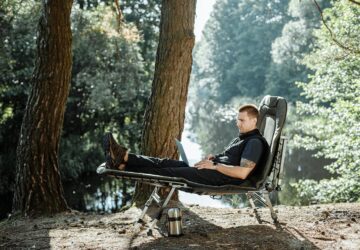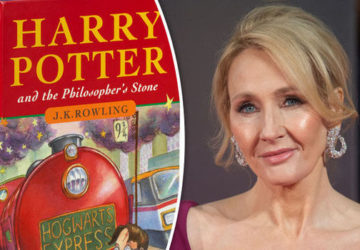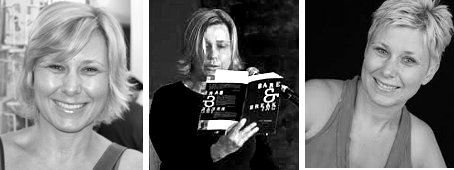Among Karin Schimke’s many accomplishments as a journalist, freelance writer, columnist, poet and author, she was my tutor and mentor at SA Writers’ College. Her role as my guide through the Magazine Journalism Course removed any preconceived notions I had around the world of writing. She has taught me the fundamental elements of writing that will remain with me from my first written word to my last.
An interview with Karin Schimke reveals the passion she has for writing and the influence it has had on her life.
Q: When did you realise that writing would be your career?
A: I always wrote. That I could make a life from it never occurred to me. So I spent most of school and university not knowing what I would become. I’m not sure why I didn’t think of journalism, that only came later, once I’d studied a BA and then discovered one could do an honours degree in journalism. Later that same year I got a bursary from The Argus which meant that I had a job after I graduated. I still can’t quite believe that I can make a living from doing the only thing it feels like I can do fairly easily.
Q: What inspired your passion for Badilisha poetry?
A: Badilisha poetry is a particular outlet or showcase for African poetry, so it’s one miniscule element of my life as a poet.
I came out as a poet only about eight or so years ago. Before that I thought poetry was something only really amazing people did. I have always loved poetry and always written it and always read it with great passion. My involvement in the poetry scene is quite deep, and I think of myself as a poet. Poetry is a very particular kind of writing it’s a hard discipline. It’s not just about letting out a whole lot of emotion. It’s a craft, an art, something you have to work hard at. But it probably remains my favourite form, although I read just about anything and everything.
Q: What do you consider to be a key writing tip?
A: Read. You can’t be a writer if you don’t read voraciously.
Get it written down. Editing happens later. If you try and edit while you are hot, while the words are coming, you’re going to get left with something pale, dry and lifeless.
Q: What differentiates writing books from articles?
A: The hardest thing about writing a book is the extended focus. A friend of mine once said I became a journalist because I suffer from instant gratification syndrome. It was a joke. I’m not really like that. But when I want to write something, I write it there and then. With a book, each day you have to remember what you were thinking, what you researched the day before, how you were planning to write it.
But the two types of writing have something in common for me: a mind map. I would not be able to write any article or any book without clear maps of where I’m going and what I want to achieve in each piece/chapter. From that perspective they are exactly the same.
Good writing is clear thinking. If the thinking is muddled up front, then it’s very hard to bang the words into meaning that flows easily from page to page, paragraph to paragraph, afterwards.
Q: Your greatest writing achievement?
A: To be honest, it feels like my greatest achievement has been to be able to make a life from putting words on paper.
About the author:













